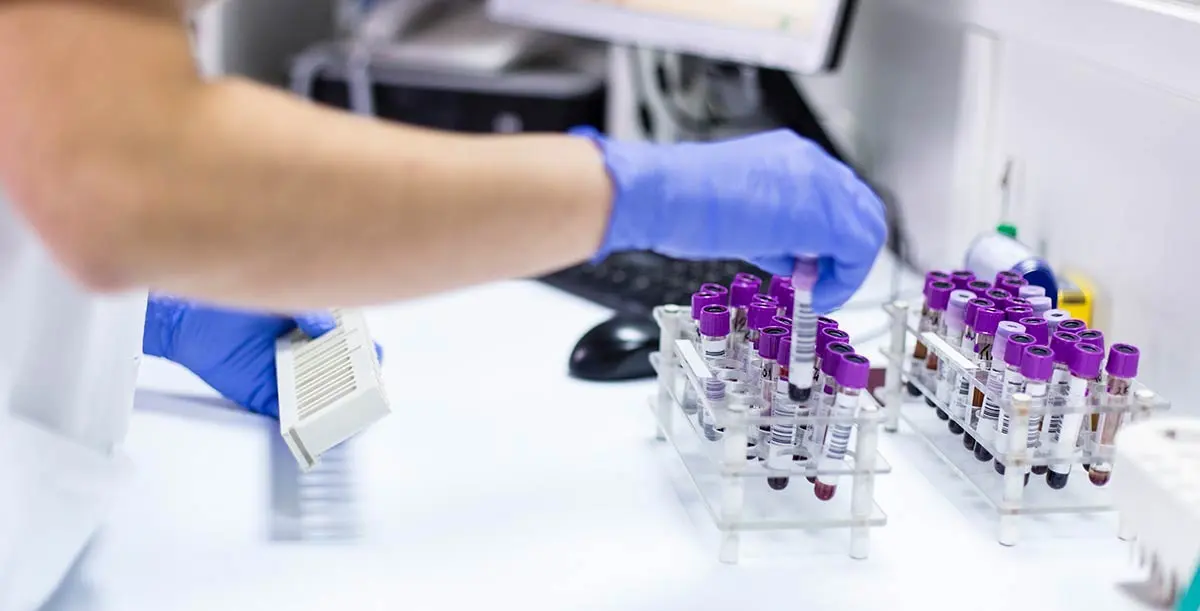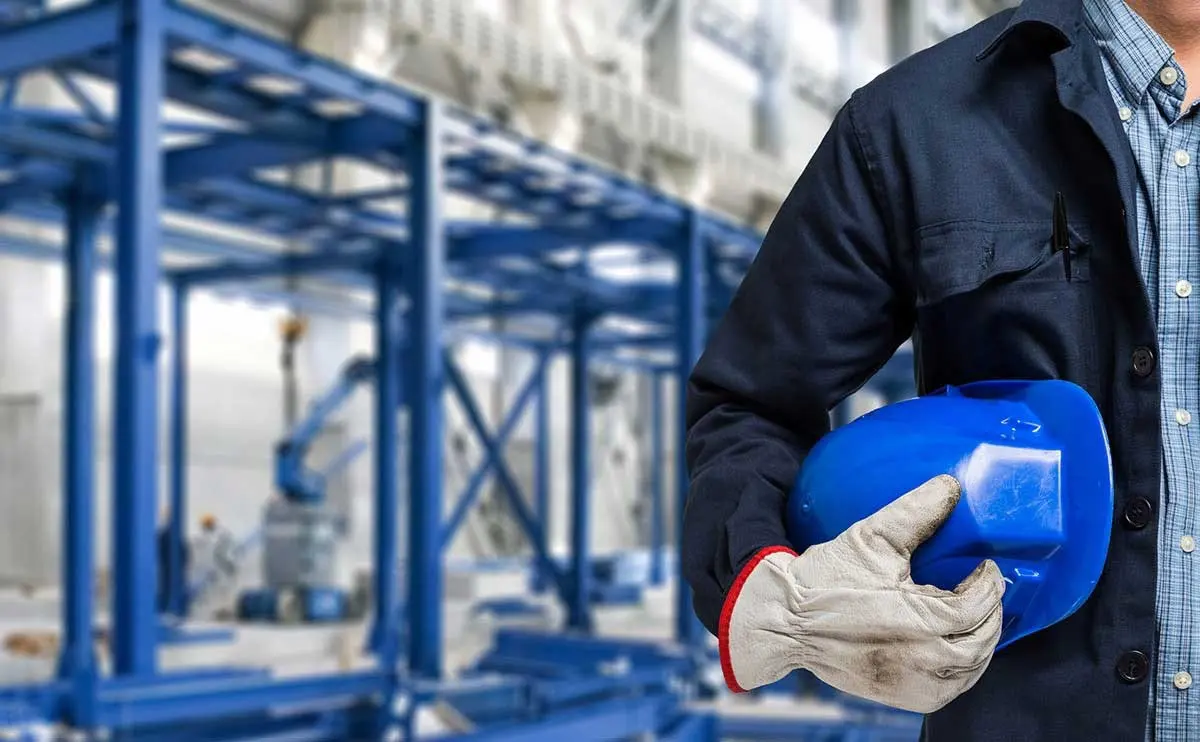Is your industry regulated for occupational exposures to radiation, heavy metals, chemicals, or other potential hazards to your workforce? If so, compliance with federal regulations can be time-consuming and requires knowledge of the applicable laws and standards. ORAU has more than 30 years of experience managing comprehensive health programs for a wide range of occupational exposures for former energy workers, helping our clients ensure they stay compliant with industry regulations. Here is everything you need to know about ORAU’s expertise with occupational health:
The basics and terms to know

So, how do you ensure your company is meeting federal regulations when it comes to occupational health? One of the areas that ORAU exceeds in is setting up medical screening programs for your current and former employees. We can design and manage a customized, scalable health program for your employees—whether for current or former workers, large or small cohorts, single or multiple exposures, or local or nationwide clinical networks—to ensure you are meeting regulatory requirements. Let’s look at what is involved in the process.
In occupational medicine, screening is used to determine if certain medical conditions may be attributable to occupational exposures. Following an individual on a regular basis in medical surveillance is prudent as many occupational diseases have a long latency period. Together with our partners, we have the expertise to provide targeted exposure screenings, total wellness evaluations, illness and injury surveillance, and even historical exposure assessments such as radiation dose reconstruction.
Our expertise
ORAU has decades of experience managing comprehensive health programs, like the National Institute for Occupational Safety and Health (NIOSH) Radiation Dose Reconstruction Project and the U.S. Department of Energy (DOE) National Supplemental Screening Program. Let’s take a closer look at each of these initiatives:
NIOSH Radiation Dose Reconstruction Project
Since its inception in 2002, the NIOSH Radiation Dose Reconstruction Project has become one of the most important workers’ compensation programs in the United States. From the beginning, NIOSH has tasked the ORAU Team—led by ORAU and including NV5/Dade Moeller and MJW Technical Services, Inc.—with reconstructing radiation doses for current and former workers at DOE and atomic weapons employers.
What is dose reconstruction? For some occupational settings, it is possible to determine how much exposure or dose an individual had to potentially hazardous agents. Data from air and surface sampling, dosimeter readings, and historical process records all are used to perform a dose reconstruction.
Radiation dose reconstructions provide critical information used in adjudicating claims filed under the Energy Employees Occupational Illness Compensation Program Act. Funded by the U.S. Department of Labor, the program helps ensure that energy workers who developed cancers from occupational radiation exposures—or surviving family members—are rightfully compensated for their illnesses.
National Supplemental Screening Program

The National Supplemental Screening Program (NSSP) provides free customized medical screenings to former DOE workers who may have been exposed to hazardous substances on the job site. The screenings are designed to identify occupational diseases such as chronic respiratory illnesses, hearing loss, kidney or liver disease, and some forms of cancer.
The NSSP collects data to help identify whether former workers have developed any health conditions related to workplace exposures, as well as any health conditions that arise as these workers age. ORAU, along with its partners National Jewish Health, Acuity International, Cority Software, and the Center for Health, Work & Environment at the Colorado School of Public Health, manages this program.
Want to learn more? For more information about ORAU's epidemiology and exposure science programs, visit the “Occupational Health” section under the “What We Do” tab on our website!
